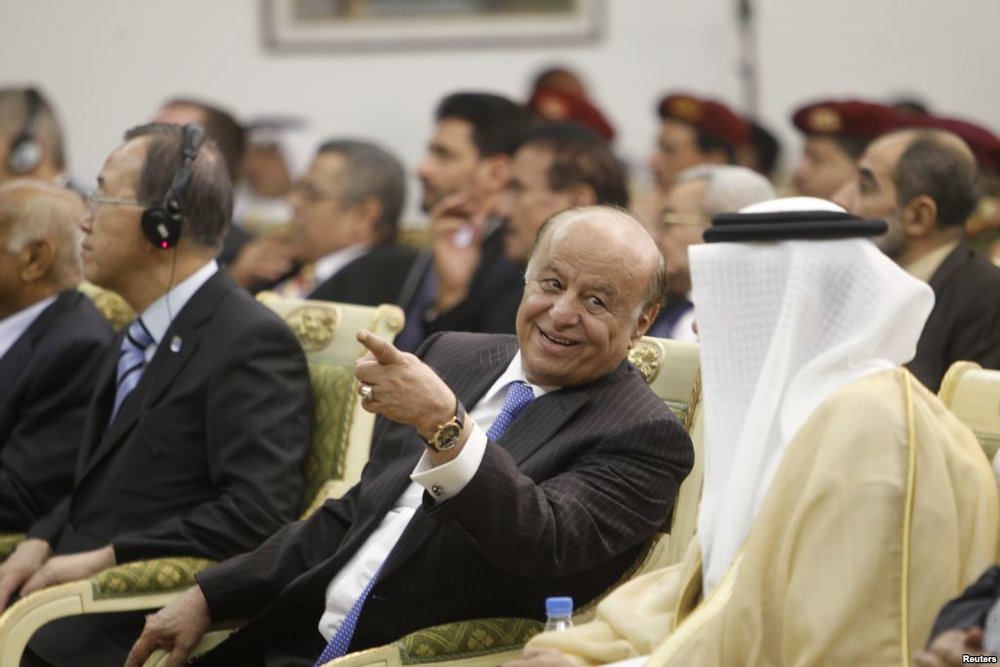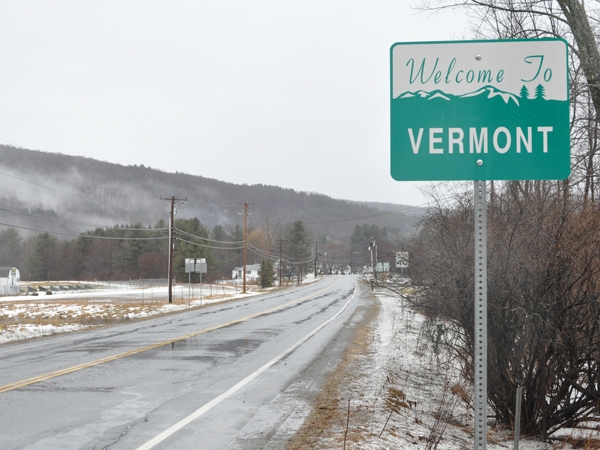Tik Root | New York Times "Room for Debate"
Link: http://www.nytimes.com/roomfordebate/2011/06/08/will-mubaraks-trial-unite-or-divide-egypt/mubaraks-trial-a-united-force-but-not-for-long
Mubarak’s trial is similar to Saddam Hussein’s in that, by itself, it is unlikely to affect the long-term trend toward either chaos or stability. However, there will be significant short-term implications.
The trial is the biggest test yet for Egypt’s maligned justice system. The Supreme Council of the Armed Forces, which now runs Egypt, has been widely criticized for its lack of transparency and insistence on trying civilians in military courts. Mubarak’s trial is an opportunity for the Supreme Council to prove that it can openly implement due process. If the effort fails, Egyptians could start to seriously doubt the ability of the Supreme Council to hand power over to an elected legislator later in the year.
The Supreme Council is known to use Mubarak and other top regime figures as a way of temporarily deflecting public criticism away from itself. Mubarak’s trial is sure to provide a distraction for the many Egyptians who are growing wary of recent military misdeeds like virginity tests. The distraction will buy the Supreme Council time to solidify its own interests before relinquishing power.
The trial will also take place as candidates gear up for the parliamentary elections, which are scheduled for September. Perhaps the Supreme Council is hoping that the political rhetoric will focus on fixing the problems left behind by the old regime, rather than the blunders of the transitional government.
The timing of the trial even favors Mubarak. It begins on the first week of Ramadan, a monthlong Muslim holiday consisting of daily fasts and religious observance. It is traditionally a time of forgiveness and mercy, when, among other things, prisoners are often showed leniency.
Ramadan is also prime shopping season and often makes or breaks a business’s profits for the year. It will be hard for the average Egyptian to justify paralyzing the economy with further demonstrations. If this hesitancy is combined with the theory that a fasting population is harder to mobilize, the result could very well be a subdued public reaction to the trial, and less pressure on the Supreme Council. That said, Egyptians have already shown a willingness to take to the streets unexpectedly.
I think that the vast majority of Egyptians are hoping that Mubarak will be convicted. In the short run, this common goal should be a uniting force. But in the long run, Egypt faces so many other potentially divisive challenges that the effects of the trial are likely to fade.
For now, a fair and transparent trial would be the ultimate victory for the millions of men, women and children who are struggling to shed Mubarak-era tactics.




